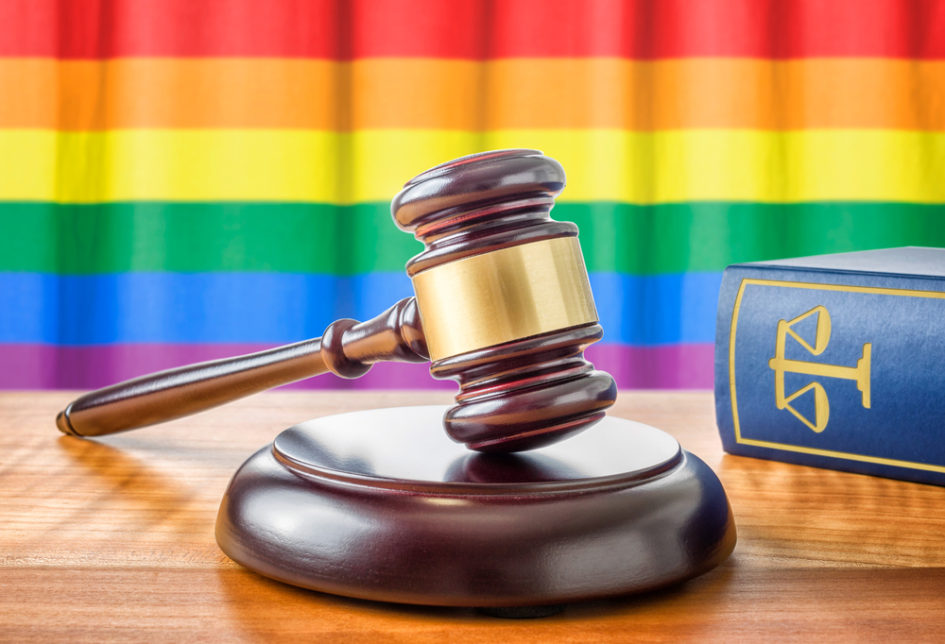On April 4, 2017, the United States Court of Appeals for the Seventh Circuit issued a groundbreaking ruling regarding LGBT rights. The court held in Hively v. Ivy Tech Community College of Indiana, No. 15-1720 (en banc) that discrimination in employment based on one’s sexual orientation is prohibited by Title VII of the Civil Rights Act of 1964.
Kimberly Hively, an openly lesbian woman, brought a Title VII sex discrimination claim against her former employer, Ivy Tech Community College, alleging that she was not promoted and her teaching contract was not renewed because she is a lesbian. Hively, employed since 2000 as an adjunct professor, unsuccessfully applied for six full-time positions between 2009 and 2014. In July 2014, the college opted not to renew her contract.
A U.S. District Court dismissed Hively’s claims, and was affirmed by a three-member panel of the Seventh Circuit. However, the en banc panel of the Seventh Circuit reversed, rejecting the lower courts’ reliance on legislative history, and instead focusing on the text of the statute and the Supreme Court’s guidance. The court focused on the evolution of Title VII protections over the last 50 years, citing the extension of Title VII protections to sexual harassment in the workplace (both opposite sex and same sex) as well as discrimination based on failure to conform to gender stereotypes. Both the majority opinion and Judge Posner’s concurrence concluded that Hively was discriminated against because she was a “subset” of women – i.e., she was a woman attracted to other women. This was enough to permit the court to determine that the discrimination directed toward Hively was based on her sex.
The Seventh Circuit is the first appellate court to hold that sexual orientation is protected under Title VII, which in turn creates a circuit split which may have to be resolved by the U.S. Supreme Court. As it stands, all states within the Seventh Circuit may no longer discriminate on the basis of sexual orientation. In Illinois, such discrimination was already prohibited by the Illinois Human Rights Act, but the Hively decision creates a new venue for litigating these issues. As a result, employers should review their policies and procedures on hiring, promotion, discipline, and retention to ensure compliance with the standard set forth by the Seventh Circuit.
